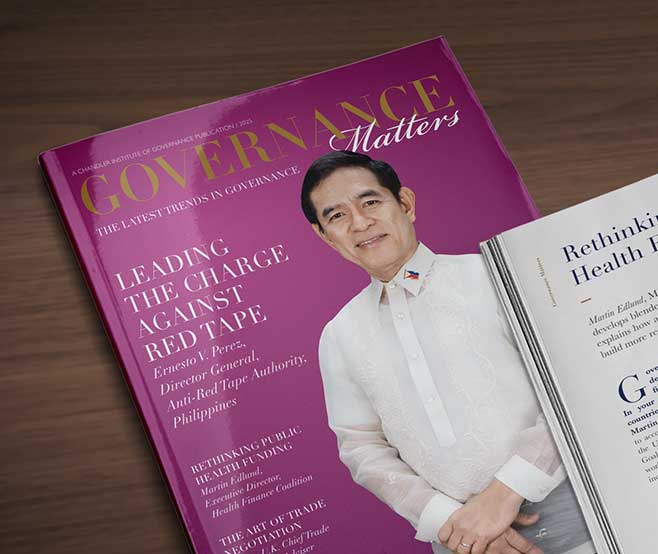Institutionalising Integrity
As Minister of State in the President’s Office for Public Service Management and Good Governance (PO–PSMGG), George Simbachawene is leading efforts to strengthen accountability and tackle corruption in Tanzania’s public sector. He tells Governance Matters about the systems and strategies that can build integrity across government.
Lorem ipsum dolor sit amet, consectetur adipiscing elit, sed do eiusmod tempor incididunt ut labore et dolore magna aliqua. Ut enim ad minim veniam, quis nostrud exercitation ullamco laboris nisi ut aliquip ex ea commodo consequat. Duis aute irure dolor in reprehenderit in voluptate velit esse cillum dolore eu fugiat nulla pariatur.
Heading 1
Heading 2
Heading 3
Heading 4
Heading 5
Heading 6
Lorem ipsum dolor sit amet, consectetur adipiscing elit, sed do eiusmod tempor incididunt ut labore et dolore magna aliqua. Ut enim ad minim veniam, quis nostrud exercitation ullamco laboris nisi ut aliquip ex ea commodo consequat. Duis aute irure dolor in reprehenderit in voluptate velit esse cillum dolore eu fugiat nulla pariatur.
Block quote
Heading 6
Ordered list
- Item 1
- Item 2
- Item 3
Unordered list
- Item A
- Item B
- Item C
Bold text
Emphasis
Superscript
Subscript
Governance Matters: You have led ministries including Energy, Justice, and Home Affairs, and overseen reforms in the civil service, the legal sector, and local government. How have those experiences shaped your approach in your current role?
George Simbachawene: My experience has taught me that good governance in public service rests on upholding integrity and trust. This means complying with national policies, laws, and regulations when undertaking any public initiatives – and ensuring one is not influenced by personal biases.
Second, you need to surround yourself with bright, capable people who are the subject matter experts and can provide you with advice on complex, technical issues. These people can be within or outside your institution and their advice will be invaluable to your decision-making.
Third, whatever decision you make, it must be a collective voice as the opinions of other institutions and functions really matter. Indeed, I believe being able to deal with the complexities of listening to and managing multiple stakeholders across various domains has prepared me well to lead a big organisation such as the PO–PSMGG.
In practical terms, how does the PO–PSMGG approach the broad but vital task of institutionalising integrity across the Tanzanian government?
Under the leadership of President Dr Samia Suluhu Hassan, the PO–PSMGG has taken steps to strengthen ethical behaviour and accountability in public service. The department’s main role is to strengthen governance by designing policies, laws, regulations, and procedures for the operation and management of public service activities. We embed integrity in the public sector through six key approaches.
First, we set clear standards on ethics. We have reinforced the legal and policy foundations for ethics, including making updates to the Public Service Act (Cap 298), the Public Service Regulations (2022), the Code of Ethics and Conduct for Public Servants (2023), and the Public Leadership Code of Ethics Act (Cap 398). These documents set a strong baseline for ethical expectations.
When leaders model ethical conduct, it sends a strong message. When they do not, it can erode trust.
Second, we conduct regular training and orientation programmes for existing and newly appointed civil servants. Ethics training is delivered throughout the service lifecycle: during induction, through periodic refresher courses, and in targeted sessions for leaders. This builds shared understanding among the civil service corps.
Third, we have strengthened monitoring and evaluation (M&E) systems. These include systems to assess compliance, including annual integrity surveys and an Ethics Compliance Monitoring Framework. These tools help identify areas for improvement and guide decision-making.
Fourth, we encourage transparency and feedback from citizens. Our e-Mrejesho1 system makes it easy for citizens to report issues and give feedback online – the platform gained international recognition in 2024, winning a UN Public Service Innovation Award.2 We also have call centres to gather feedback from citizens.
Fifth, our public servants commit to integrity pledges formally when hired, promoted, or transferred. And the government’s digital transformation has helped to increase transparency and enforce compliance. It has developed a human capital management information system, e-Watumishi, to manage recruitment, payroll, and personnel records. This has led to a reduction in ghost workers and payroll fraud, and increased efficiency in payroll preparations. For example, the government is now able to process the monthly salaries of civil servants in less than one hour. In addition, jobseekers can access the Ajira portal to apply for government jobs online.3 The portal streamlines the application process and ensures fair and transparent selection, which reduces nepotism and promotes merit-based hiring.
And finally, discipline is enforced. When ethical breaches occur, disciplinary action is taken in line with established procedures. This helps ensure integrity is not only expected but also upheld.
Many governments have adopted monitoring and evaluation systems, but they are often underfunded and ineffective. How can they be strengthened as a tool for implementing reforms?
The Sixth Phase Government has made M&E a central element of reform. A dedicated Monitoring and Evaluation Department within the Prime Minister’s Office now leads coordination, particularly across major frameworks such as the Tanzania Development Vision 2025, the Third Five-Year National Development Plan 2021–2026, and institutional annual plans.
Rather than waiting for end-of-cycle reviews, progress is tracked quarterly through implementation reports measuring key performance indicators. This allows for mid-course corrections and supports responsive policy execution.
In addition, the Prime Minister’s Office produces an annual government performance report, which gives a comprehensive view of sector-level progress and areas for improvement.
Digital systems now support this work. The Public Employees Performance Management Information System (PEPMIS) tracks individual civil servant performance, while the Public Institution Performance Management Information System (PIPMIS) evaluates how institutions perform over time.
Together, these systems provide a clearer, data-driven picture of reform implementation and accountability.
We continue to emphasise that ethics is not a side issue, but rather one that is fundamental to public service performance.
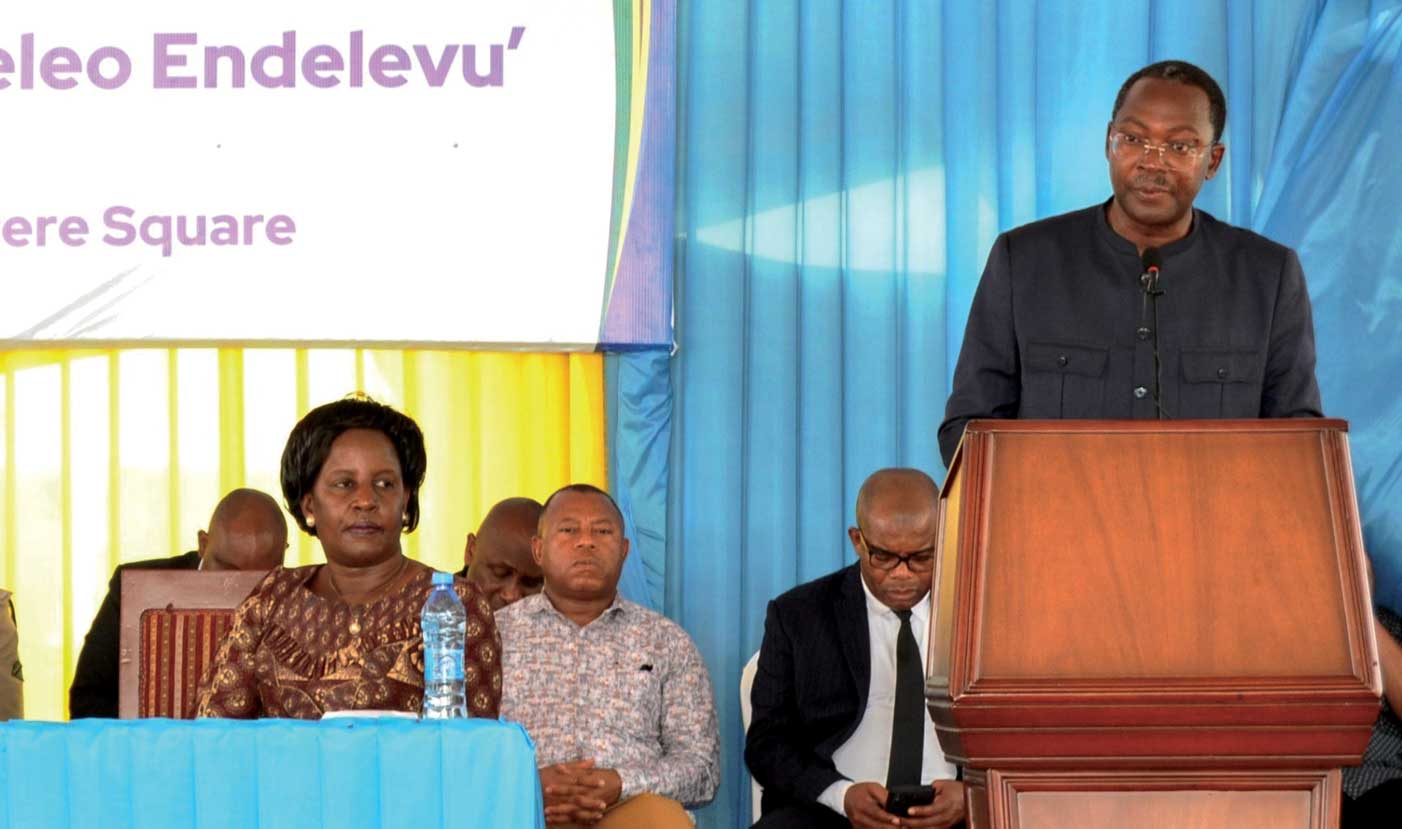
Have these efforts to improve accountability and integrity produced measurable results?
Yes, there are encouraging signs both within the country and from the international community. A government survey found that integrity among public servants rose from 66.1% in 2014 to 75.9% in 2022, reflecting a tangible shift in attitudes and behaviour.4 Externally, Tanzania moved up five places in Transparency International’s 2024 Corruption Perceptions Index, rising from 87th to 82nd globally, a sign that these reforms are being recognised internationally.5 The country has also improved its position in the Chandler Good Government Index, rising to 78th place in 2025 from 82nd in 2021.
We are also seeing more consistent enforcement. From April 2022 to April 2025, the Public Service Commission processed nearly 1,900 disciplinary cases linked to ethics violations.
Digital tools have played a central role in these efforts. Platforms like e-Mrejesho, call centres, and mobile clinics are giving citizens more ways to engage and have increased the visibility of service delivery and revenue collection. At the same time, asset and liability declarations are now routine for public officials, helping normalise transparency. And face-to-face interactions that may influence opportunities for bribery and corruption practices have been reduced.
Ethics are also being integrated into day-to-day operations. For example, PEPMIS now links weekly work reports directly to the Code of Ethics and Conduct. That is a meaningful shift towards embedding values into daily practice.
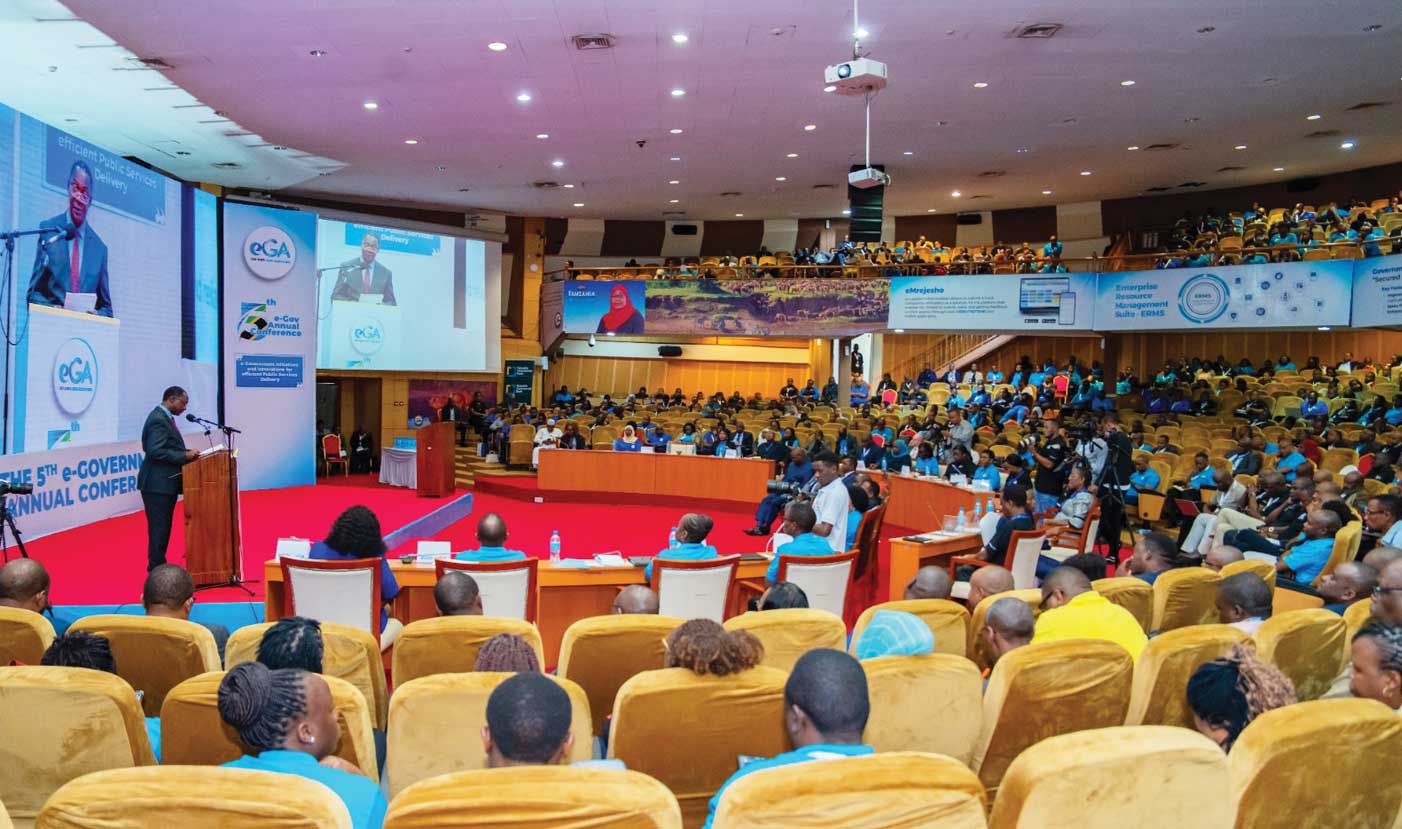
What are the major challenges in strengthening ethics in public service?
One key challenge is leadership behaviour. In any system, the tone from the top matters. When leaders model ethical conduct, it sends a strong message. When they do not, it can erode trust.
That is why we focus on ethical leadership. Senior officials now declare assets annually, undergo ethics training, and receive leadership orientation. Ethics are also part of their performance evaluation. The PIPMIS also includes integrity indicators and leaders are evaluated not only on technical outcomes but also on their compliance to ethical standards, transparency, and accountability in their leadership.
Digital transformation also presents challenges. Take a tool like e-Watumishi, a digital platform that transforms human-resource and performance management into an online, paper-free experience.Although it improves transparency and efficiency, both rural connectivity and digital literacy remain barriers. We also need to overcome resistance to change in some institutions accustomed to paper-based systems.
Expanding access to digital services is a major focus moving forward. We are prioritising the rollout of services like PEPMIS and e-Mrejesho to local governments, and investing in citizen-friendly mobile and SMS-based platforms, especially in remote areas.
Ethics committees now exist at ministry, regional, and local government levels, and institutions report regularly on ethics compliance. This keeps integrity on the agenda well beyond headquarters. And perhaps most importantly, we continue to emphasise that ethics is not a side issue, but rather one that is fundamental to public service performance.

Heading 1
Heading 2
Heading 3
Heading 4
Heading 5
Heading 6
Lorem ipsum dolor sit amet, consectetur adipiscing elit, sed do eiusmod tempor incididunt ut labore et dolore magna aliqua. Ut enim ad minim veniam, quis nostrud exercitation ullamco laboris nisi ut aliquip ex ea commodo consequat. Duis aute irure dolor in reprehenderit in voluptate velit esse cillum dolore eu fugiat nulla pariatur.
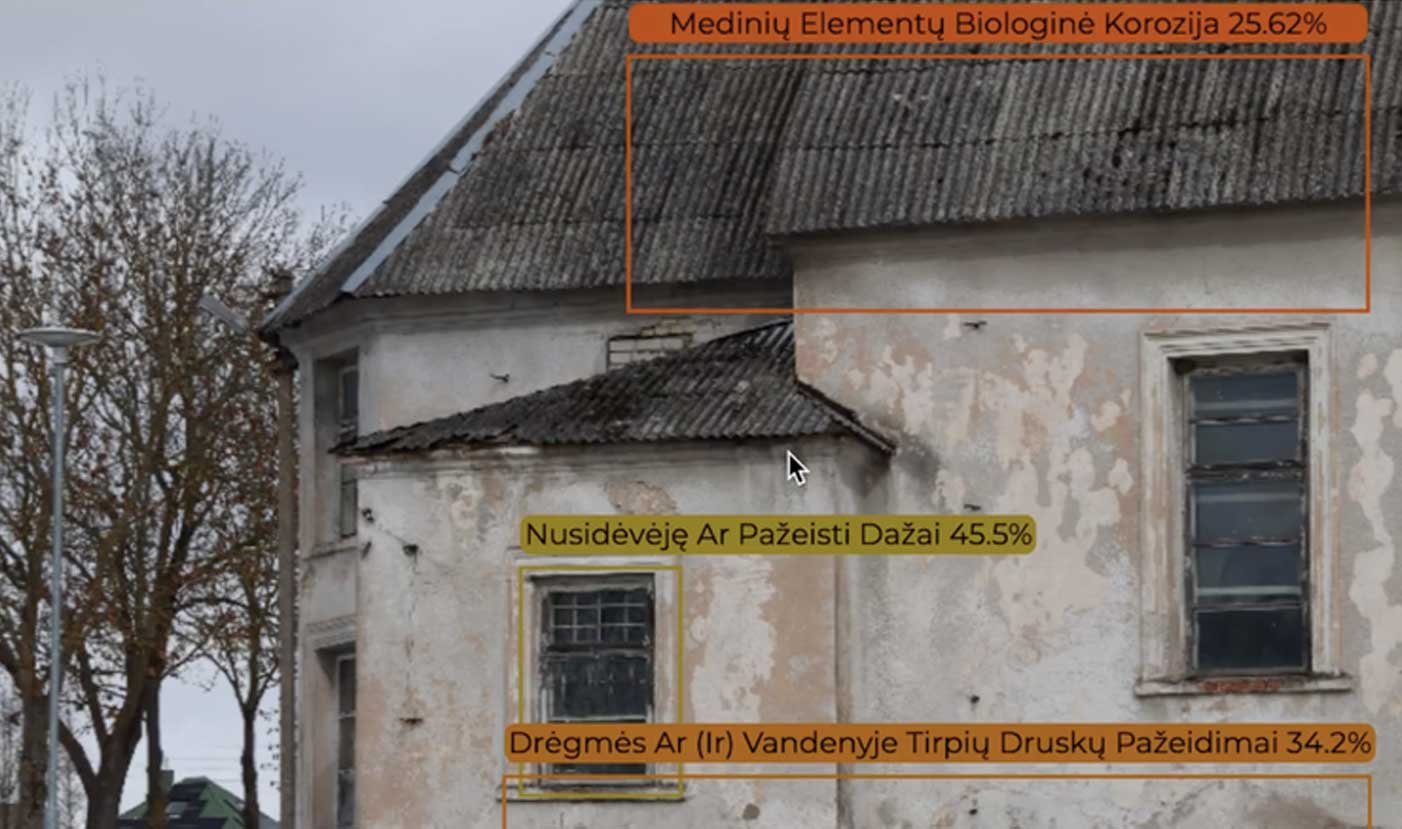
Block quote
Ordered list
- Item 1
- Item 2
- Item 3
Unordered list
- Item A
- Item B
- Item C
Bold text
Emphasis
Superscript
Subscript
Lorem ipsum dolor sit amet, consectetur adipiscing elit, sed do eiusmod tempor incididunt ut labore et dolore magna aliqua. Ut enim ad minim veniam, quis nostrud exercitation ullamco laboris nisi ut aliquip ex ea commodo consequat. Duis aute irure dolor in reprehenderit in voluptate velit esse cillum dolore eu fugiat nulla pariatur.
Endnotes
- https://emrejesho.gov.go.tz/
- https://publicadministration.un.org/unpsa/innovation-hub/Winners/2024-winners
- https://portal.ajira.go.tz/
- https://www.utumishi.go.tz/uploads/documents/sw-1676296709-INTEGRITY%20SURVEY%20REPORT%20IN%20TANZANIA%20PUBLIC%20SERVICE%202022.pdf
- https://www.transparency.org/en/cpi/2024/index/tza
- Item 1
- Item 2
- Item 3

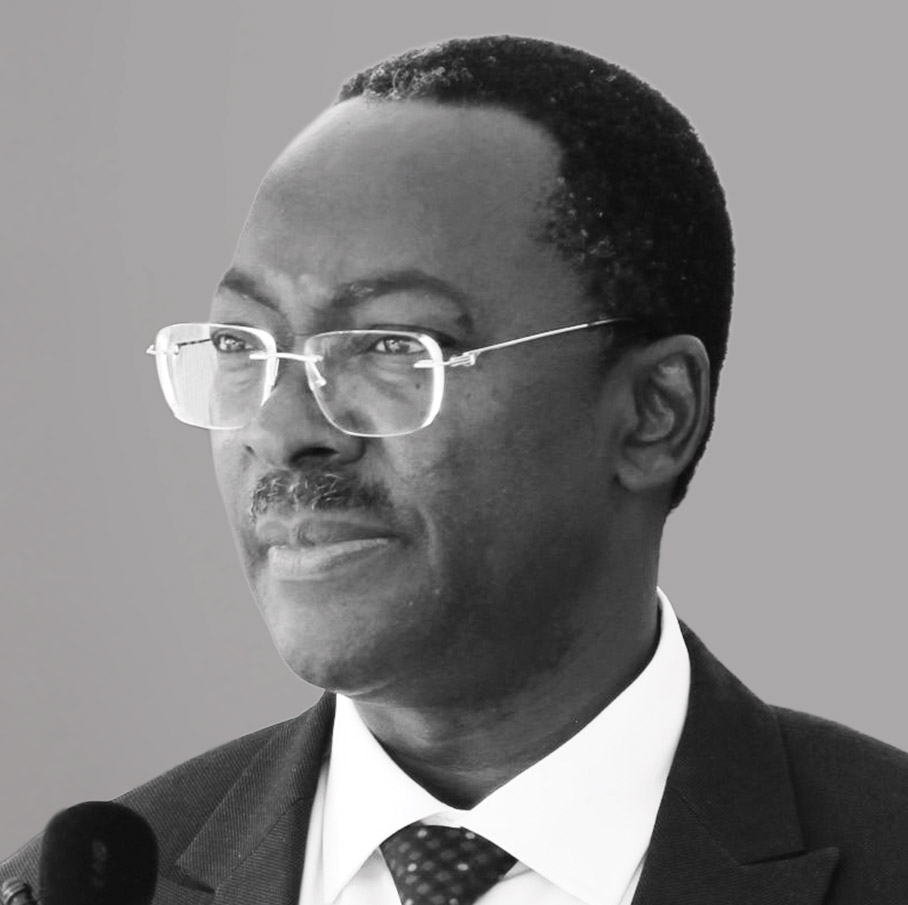
George Simbachawene is Minister of State in the President’s Office for Public Service Management and Good Governance. A lawyer and Member of Tanzania’s Parliament since 2005, he has led multiple ministries including Energy, Justice, and Home Affairs. He holds degrees in law and public administration, and has played a central role in driving public service, legal, and local government reforms – most notably in advancing digital governance and embedding ethics across Tanzania’s civil service.
Lorem ipsum dolor sit amet, consectetur adipiscing elit, sed do eiusmod tempor incididunt ut labore et dolore magna aliqua. Ut enim ad minim veniam, quis nostrud exercitation ullamco laboris nisi ut aliquip ex ea commodo consequat. Duis aute irure dolor in reprehenderit in voluptate velit esse cillum dolore eu fugiat nulla pariatur.






